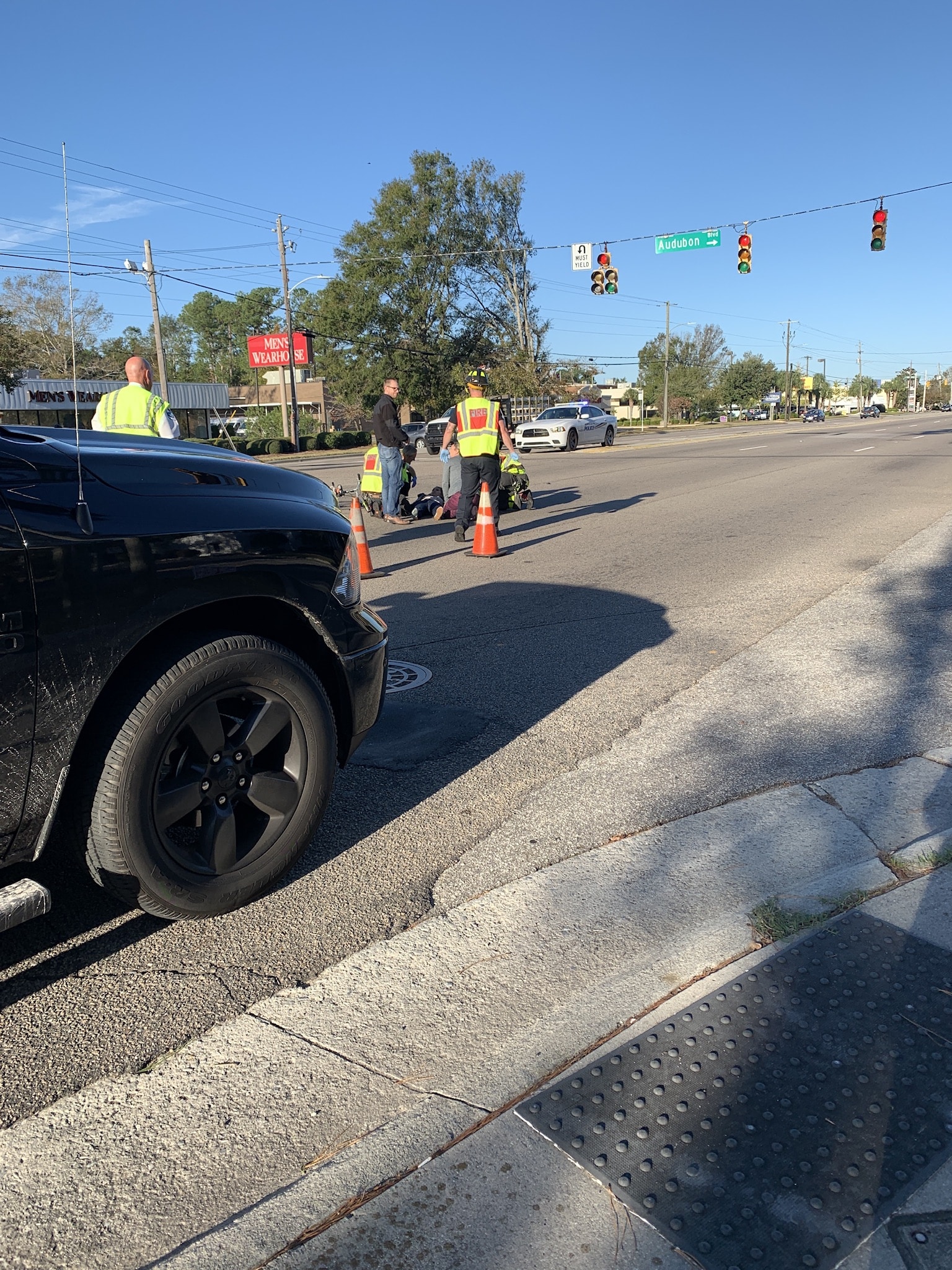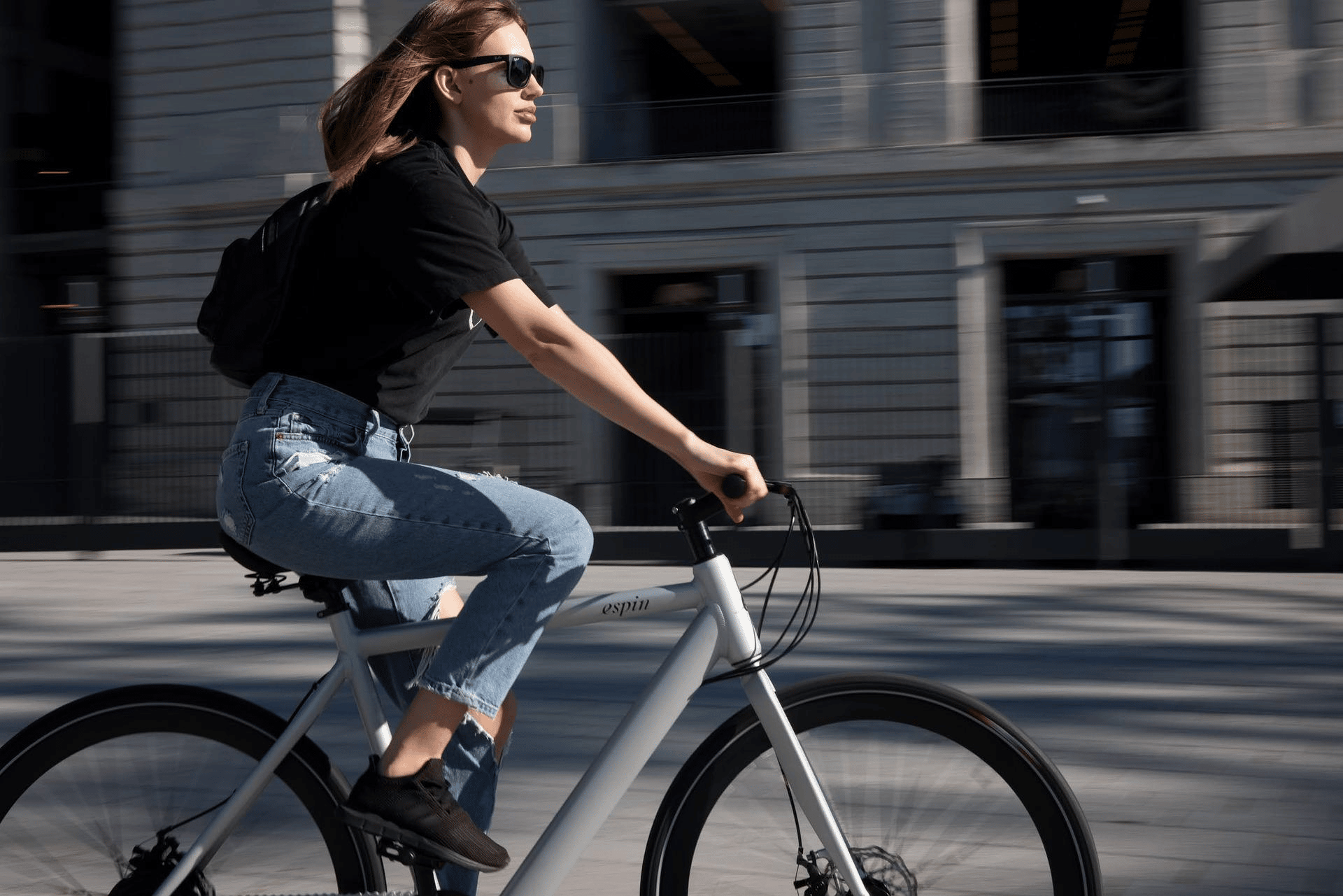
Sometimes a wayward comment by a Court can wreak all manner of havoc. Recently, I came across such a remark in a federal case from the Northern District of Illinois which I fear could have a negative impact on bicycle crash cases filed in Illinois state court.
The issue which the federal court stepped in pertains to whether a defendant in a personal injury case arising from a bicycle crash may present evidence to a jury that the cyclist was not wearing a helmet. The purpose of such evidence would be to suggest that, where the crash victim sustained a head injury, the failure to wear a helmet contributed to cause the injury and, therefore, is a factor which may reduce the amount of compensation to which the cyclist may receive. The case, City of Chicago v. M/V Morgan, 248 F.Supp.2d 759 (N.D. Ill. 2003), actually had nothing to do with bicycles or injuries. The case grew out of an incident in which a barge caused damage to a bridge held in trust by the City of Chicago and which the City was responsible to maintain. In discussing whether the City was contributorily negligent in its maintenance of the bridge, the federal court noted by way of example that, “Even a thin-skulled bicycle-rider could be contributorily negligent for failure to wear a helmet.” M/V Morgan, 248 F.Supp.2d at 776.
Huh?
No, actually, a bicycle-rider, thin-skulled or otherwise, cannot be contributorily negligent for not wearing a helmet in Illinois. Federal district court decisions do not create authoritative precedent for state courts. In other words, an Illinois state court, were the majority of personal injury cases arising from bicycle crashes are filed, is not bound by the holding of a federal district court. However, a state court judge, may find a federal court’s ruling persuasive and in the absence of clear state law authority, may choose to follow it. Federal district courts are after-all supposed to base their holdings on substantive matters (as opposed to mere procedural matters) on the law of the state in which the court sits. Being the cynic I am, I sense that it is just a matter of time before a defense lawyer in one of our many bicycle crash cases cites to the M/V Morgan decision to persuade a trial judge that a jury should be permitted to consider that an injured bicyclist was not wearing a helmet at the time of their crash. The effect this could have on the cyclist’s ability receive a fair trial could be catastrophic. Sadly, in my experience, many folks feel that a cyclist who was riding without a helmet may deserve whatever they get. Hence, evidence of a lack of helmet could preclude a bicyclist’s ability to receive fair compensation.
Where on earth did the M/V Morgan court come up with its observation about bicycle helmets? For nearly 30 years, thanks to the cases of Hukill v. DiGregorio, 484 N.E.2d 794 (2nd Dist. 1985) and Clarkson v. Wright, 483 N.E.2d 268 (1985), it has been the law of our state that a failure to wear a helmet cannot be used to prove an injury victim’s contributory negligence or to reduce the compensation to which they may be entitled. A close look at the source of the federal court’s comment reveals that it was not based on Illinois law at all. The Court cites a federal district court case from New Jersey, Nunez v. Schneider Nat’l Carriers, 217 F.Supp.2d 562 (D.N.J. 2002). The holding in that matter, in which the court was applying New Jersey law, found that evidence that a bicyclist contributed to their head injury for failing to wear a helmet was admissible. In so doing, the court admitting that it was disagreeing with another federal district court in that state, Cordy v. Sherwin Williams Co., 975 F.Supp. 639 (1997), which issued the opposite holding just five years prior. The Nunez court also acknowledged that its holding was contrary to that of other jurisdictions: “The majority of courts addressing the issue have, for assorted reasons, rejected the admissibility of helmet evidence.” Nunez, 217 F.Supp.2d at 567. It explicitly acknowledged Illinois as being within that majority, citing Hukill v. DiGregorio. Id. at 568.
The M/V Morgan Court’s remark about helmet evidence is neither binding law, nor a persuasive source in support of the admissibility of such evidence. It is likely, in fact, that the court never intended it to be either. As noted earlier in this post, the case had nothing to do with a bicycle crash. It was not a personal injury case. The court had not been asked to consider bicycle helmet evidence at all. Its comment about bike helmets was what is generally referred to in the legal world as dictum, an aside remark by a judge that is not intended to create binding authority. But such comments, like a bullet fired into the air, can cause unintended harm. Any attorney representing a bicyclist in a personal injury case should be familiar with M/V Morgan and be prepared to educate the trial judge that the commentary in that case concerning bicycle helmet evidence does not reflect Illinois law.










